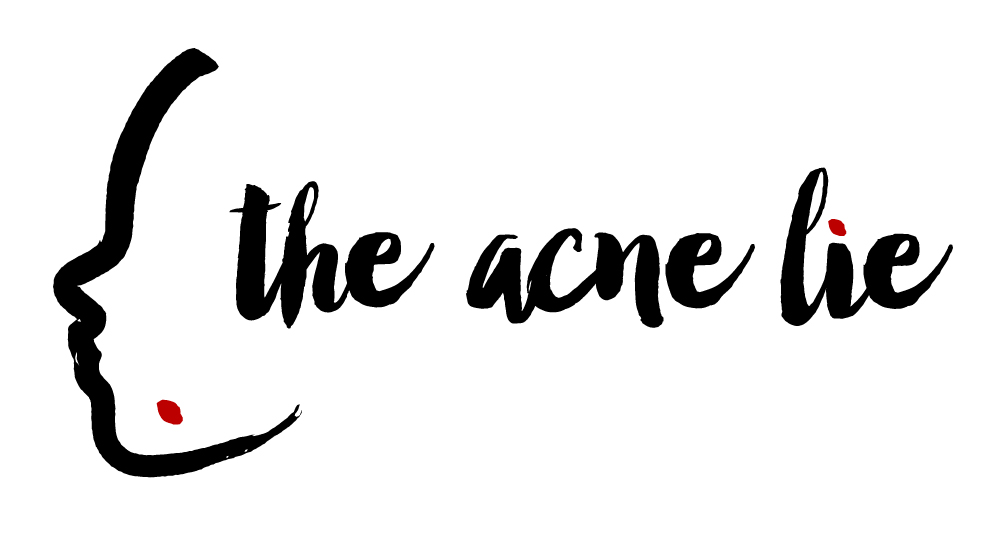If you’ve read some of our recent posts, then you know about the dangers of sugar for those of us dealing with acne. Not only can sugar lie hidden in a lot of foods like breads and potatoes, but there are numerous other foods that are considered “healthy” that aren’t really healthy at all.
A healthy diet can benefit more than just your skin. But if you go into the grocery store and buy the first package of food that’s marked “healthy,” “low fat,” or “sugar free,” you may or may not actually be buying something that’s good for you.
Here are five good foods that aren’t quite as “good for you” as you might think:
(1) Whole Wheat
Wheat is a carbohydrate and therefore breaks down quickly into sugar in the bloodstream (see our post about carbs and the GI of foods). But isn’t whole wheat better than refined white bread or pasta? Not necessarily. Aside from the wheat-turns-into-sugar thing, wheat today isn’t what it used to be. Today’s wheat – whole or otherwise – has been modified. Whether the strain of wheat in your breakfast cereal has been genetically modified with chemicals and gene splicing, or modified using old-fashioned techniques of breeding – it’s all for the purpose of faster-growing crops, higher yields, hardier plants. So while whole wheat may have a little more fiber or protein, it isn’t necessarily better for you. [1]
If, like us, you like to eat bread and are wondering about a healthier option, we recommend a “sprouted bread” called Ezekiel Bread. Sprouted breads are equipped with nutrients that help them to be easier for the body to digest and not turn the bread to sugar right away.
(2) Highly Processed “Natural” and “Organic” Snacks
Unless you go apple-picking and bite into a fresh apple right after you pull it off the branch, then you’re buying food that has either been sitting around for a few days, or is processed. Even making your own applesauce by grinding up those fresh apples you picked is a form of “processing.” However, there’s a difference between whole foods that have been mechanically processed for ease of eating (like buying raw peanuts already out of the shell) and chemically processed foods. [2]
Even if a food is labeled “natural” or “organic,” it is still likely processed. Basically, if it’s pre-packaged, then it has chemicals, preservatives, (or organically-sourced compounds that act as preservatives, flavorings, or binders). Best rule of thumb – stick with whole foods as snacks – like fresh fruits and veggies or nuts – instead of something packaged.
(3) Sports Drinks
Sports drinks aren’t all bad – the sugar and electrolytes can replace those nutrients that are lost during rigorous exercise. Where the unhealthy part comes in is that most people who drink sports drinks aren’t professional athletes. A quick jog in the morning or even your kid’s soccer game in the afternoon isn’t usually enough to warrant consumption of anything else besides plain water. Sports drinks add a lot of extra sugar and even chemicals that your body just doesn’t need. [3]
(4) Foods Labeled “Fat Free”
Fat in foods doesn’t make you fat – it’s really sugar that’s the culprit. Most foods labeled “fat free” have added sugar as a replacement. [4] Low fat in processed foods often equals low taste, so other unhealthy ingredients have to be added to make up for it. As in point number two, try to avoid processed foods in general. You’re probably better off sticking with a fresh, “high-fat” avocado than a “low fat” bag of potato chips.
(5) Dried Fruit
But it’s fruit, which is healthy, right? Well, first of all, dried fruit has had all of the water and much of the fiber removed – leaving primarily the fructose (sugar). [4] And many dried fruits have extra sugar added, or even chemical preservatives. Again, if it’s being sold in a package, it’s not whole, fresh food, even if it is fruit.
If you’ve noticed, there’s a trend among these foods listed here – many involve sugars, and many are processed foods. It’s a good rule of thumb to buy fresh, whole foods whenever you can: fresh fruits and vegetables, raw or dry-roasted nuts, eggs, etc. And always check the ingredient list of anything you buy in a package. If the list has more than few ingredients, or contains long words you can’t pronounce and don’t recognize, then it’s probably highly processed.
When in doubt, opt for whole, fresh foods, and your skin and your body will thank you for it!
References:
1. http://www.wheatbellyblog.com/2016/09/frankengrain/
2. https://authoritynutrition.com/9-ways-that-processed-foods-are-killing-people/
3. http://www.healthline.com/health/food-nutrition/is-gatorade-bad-for-you#2

